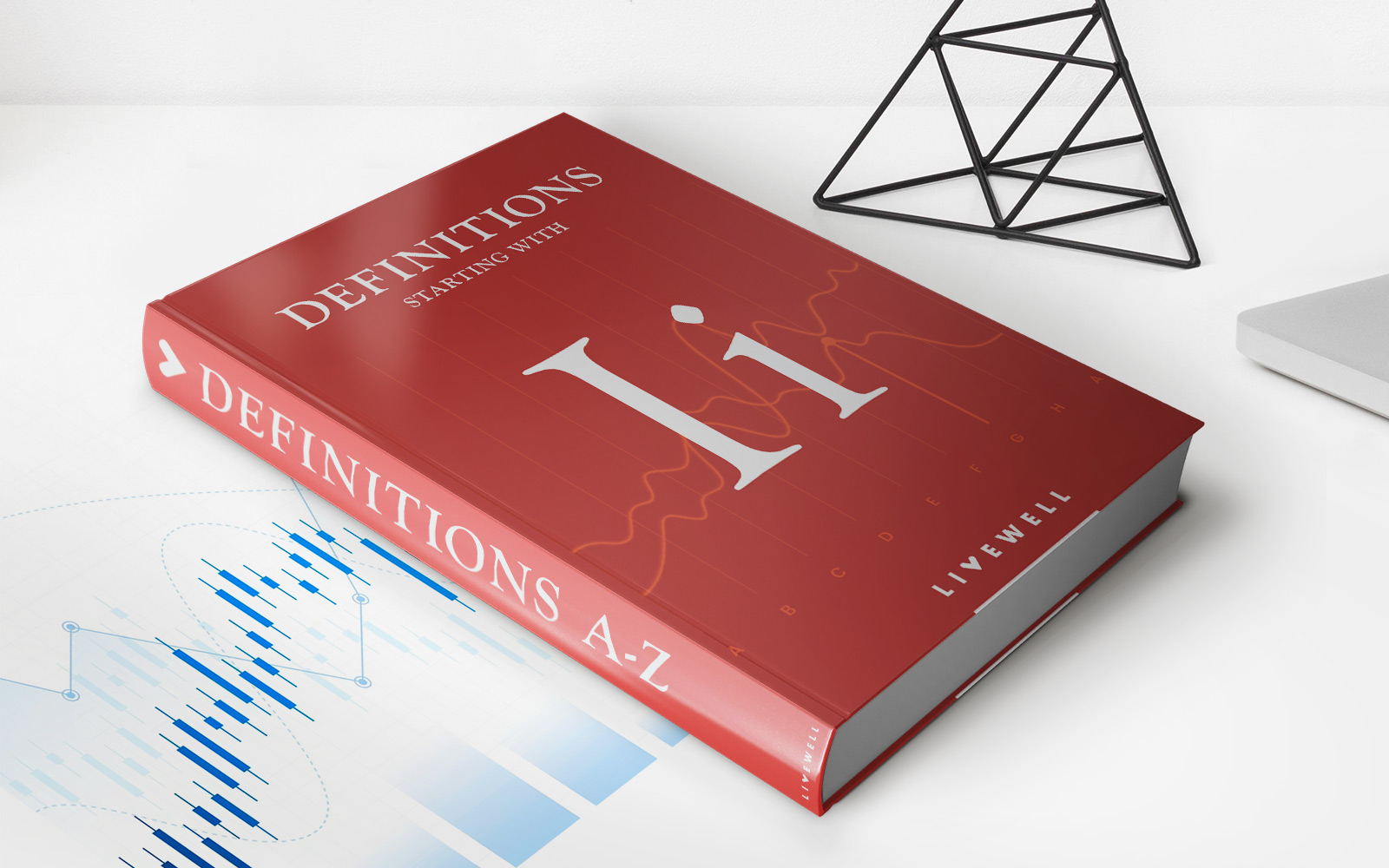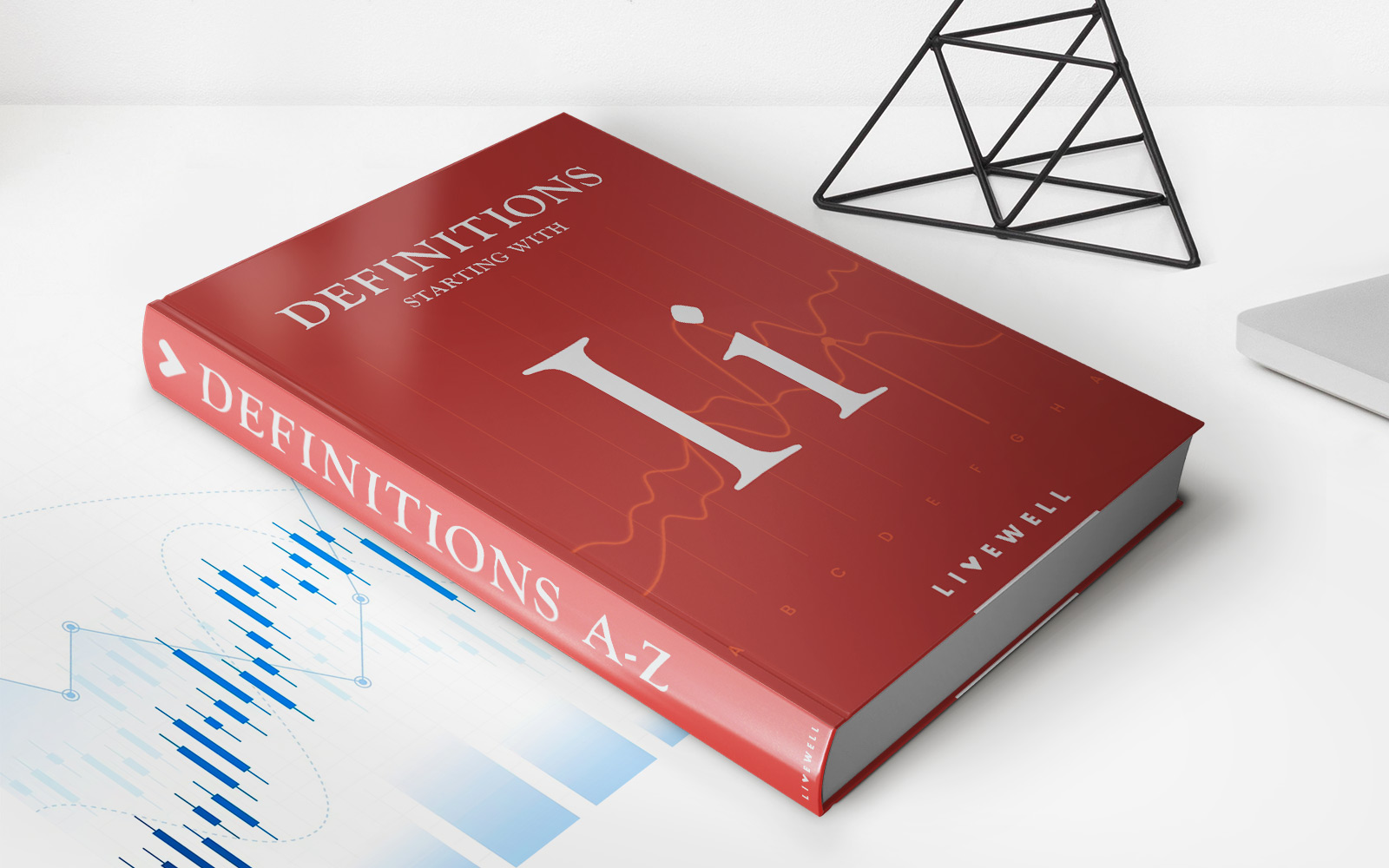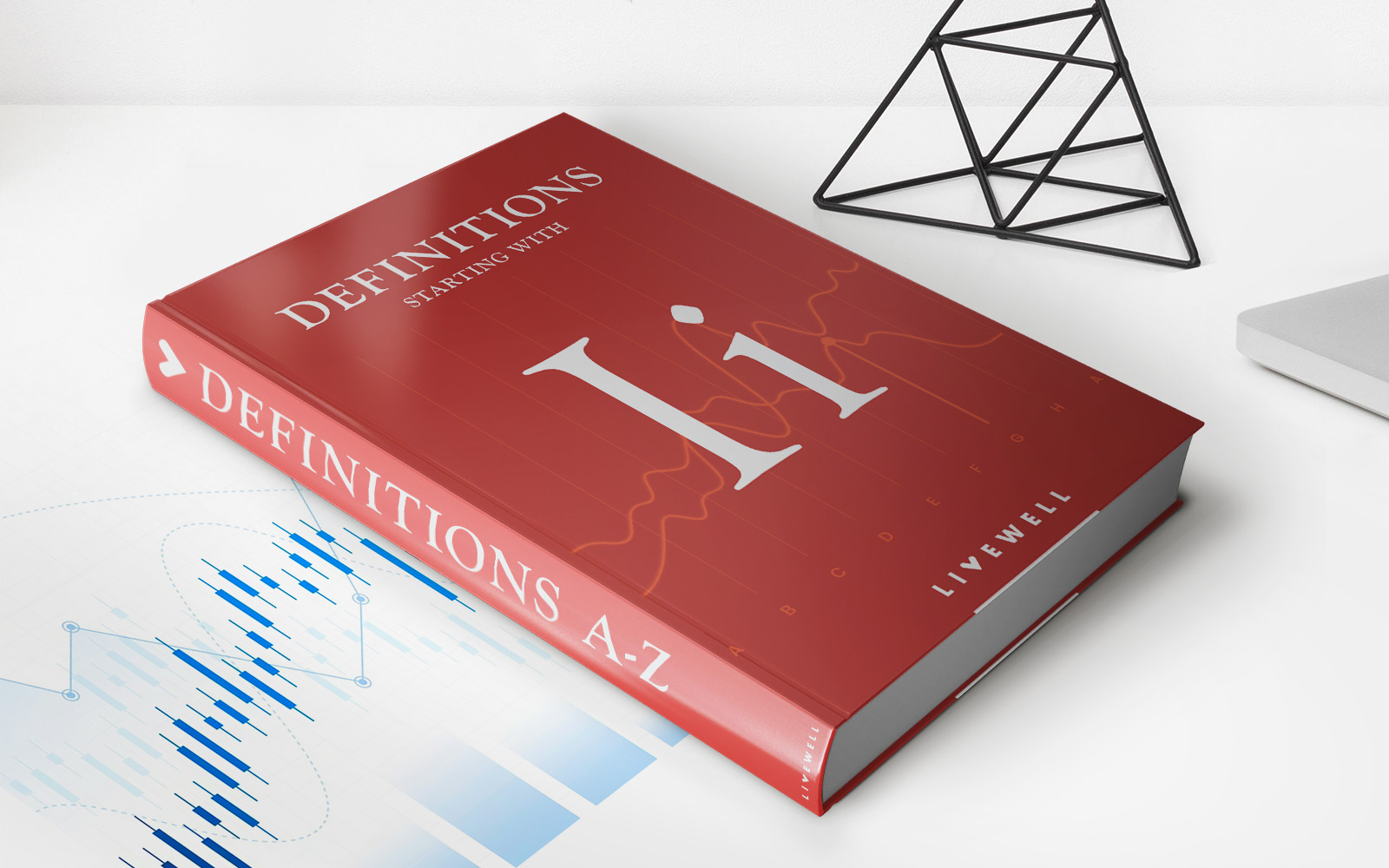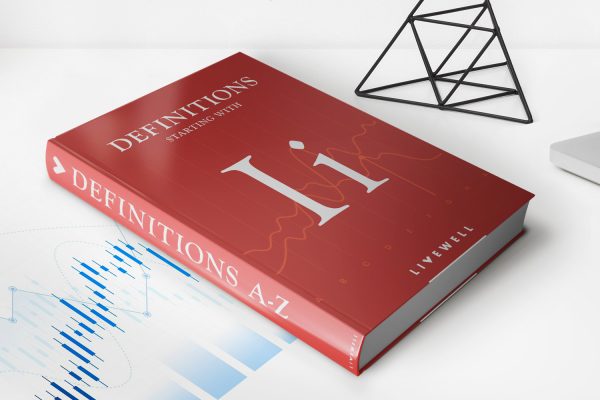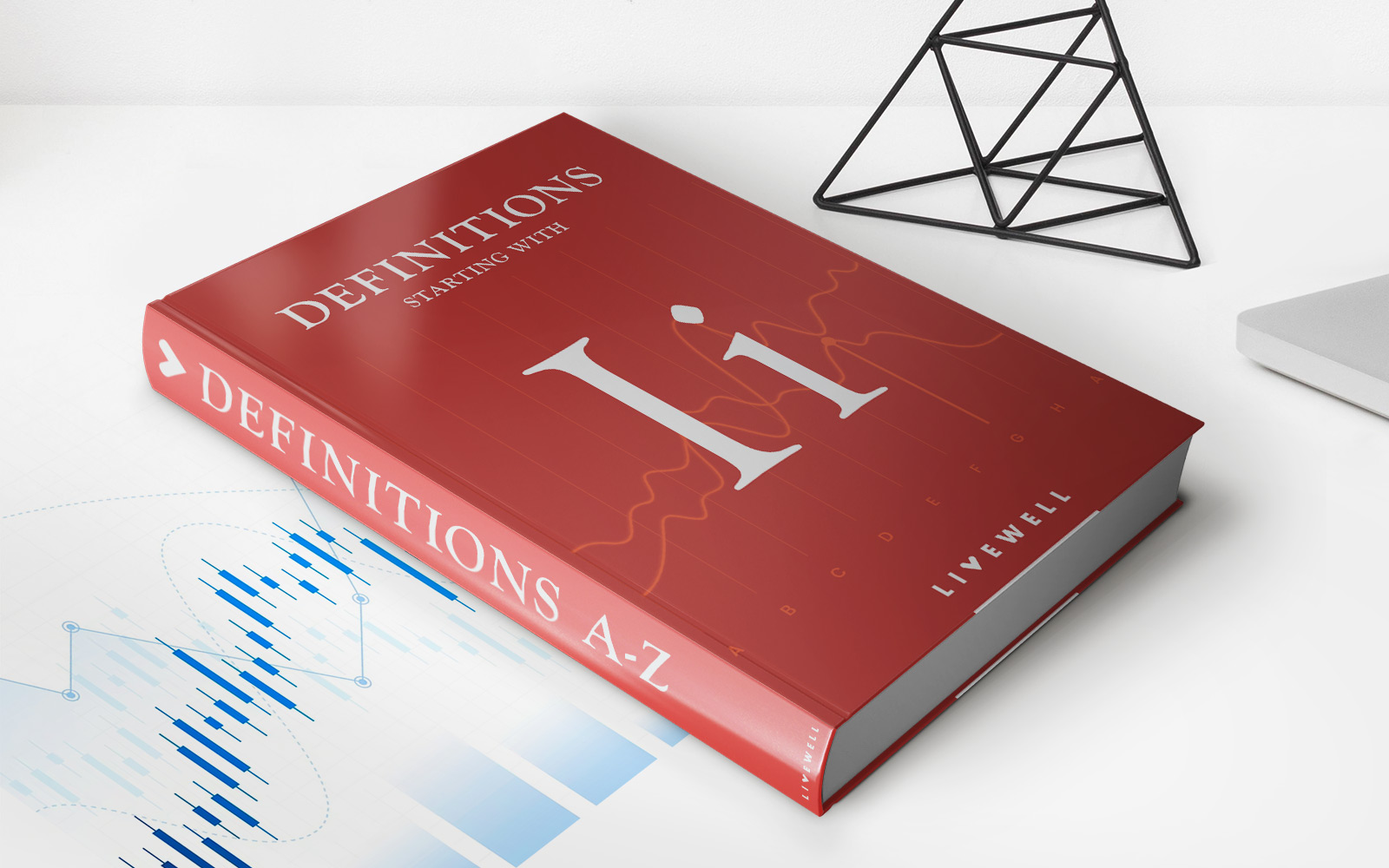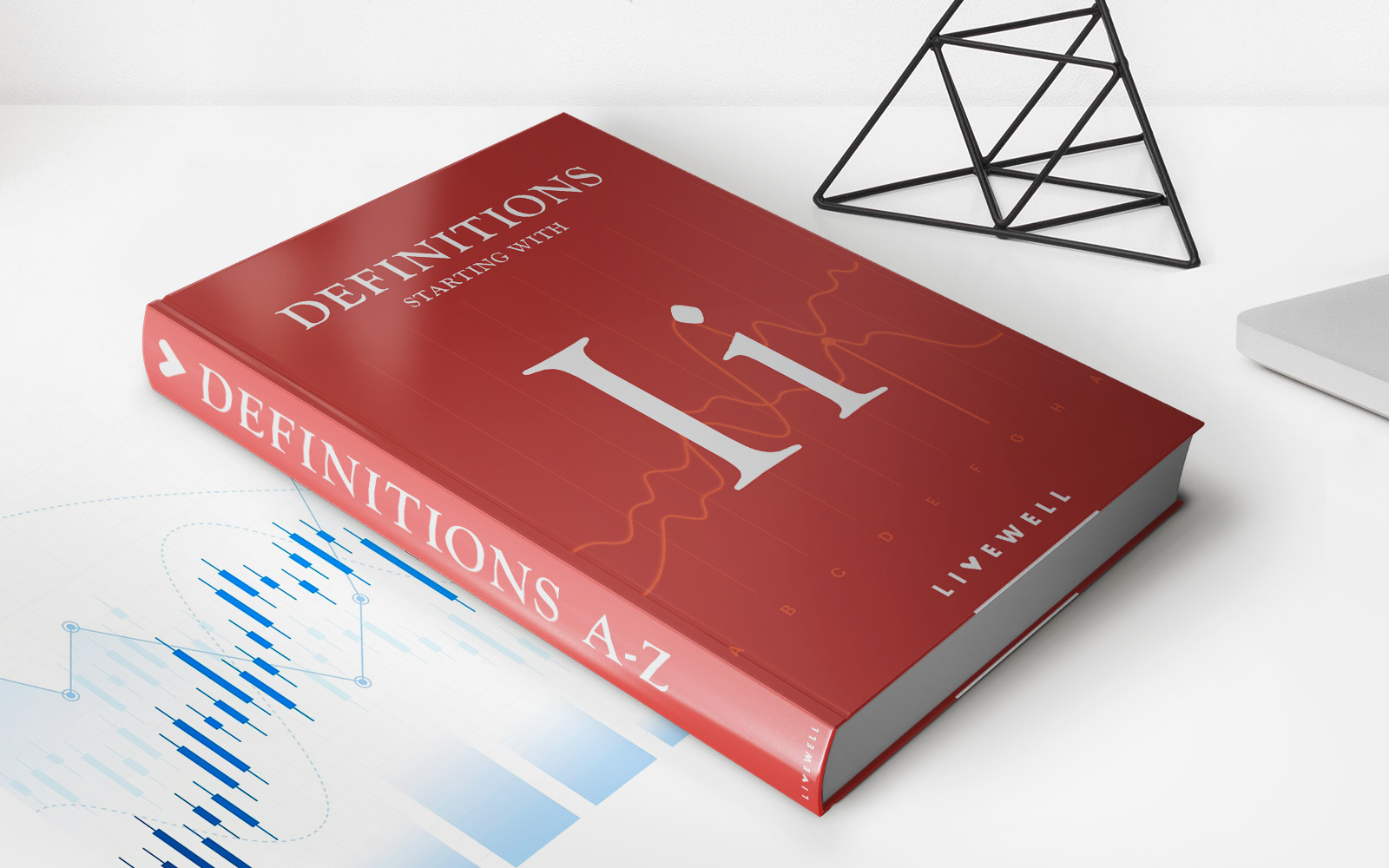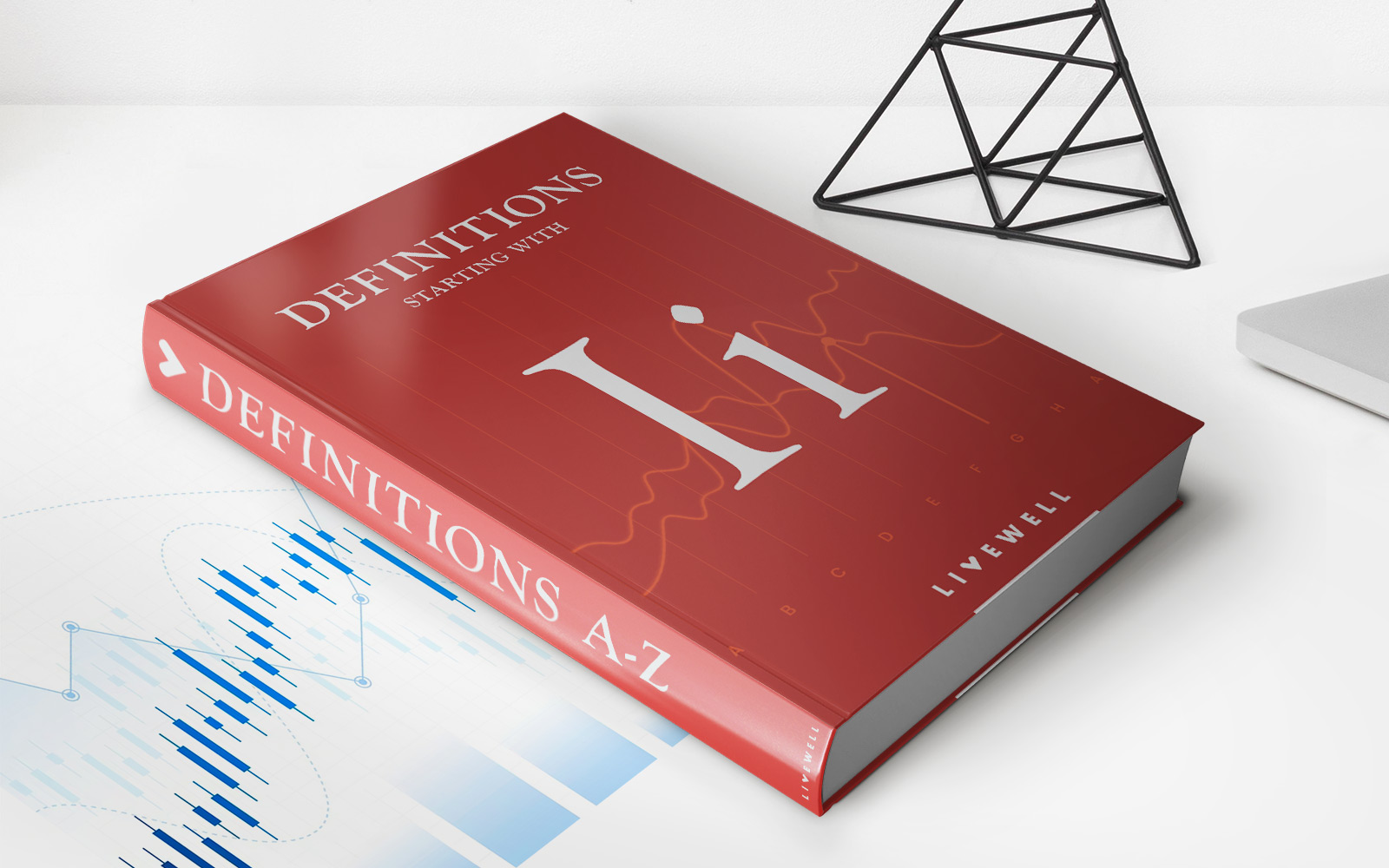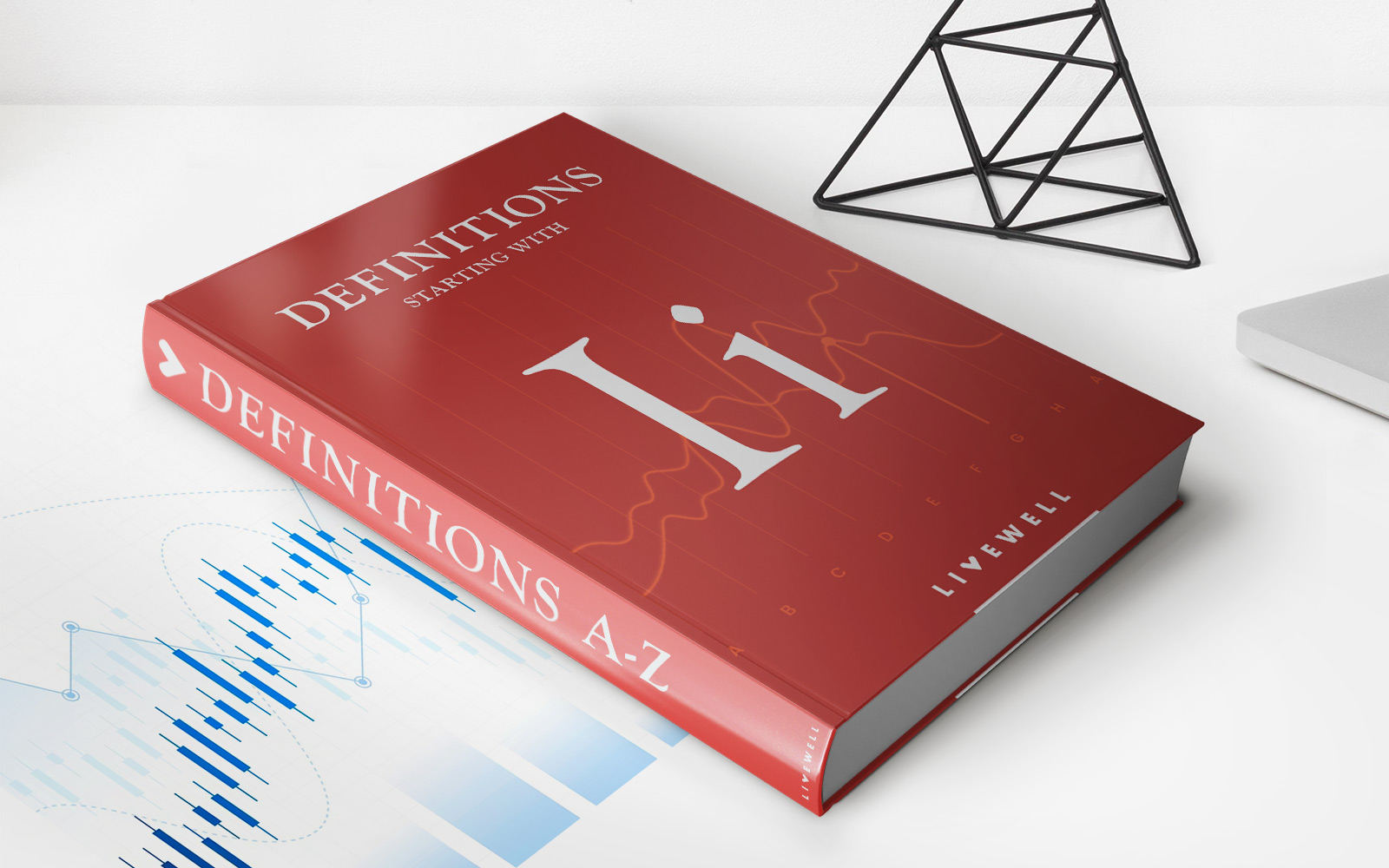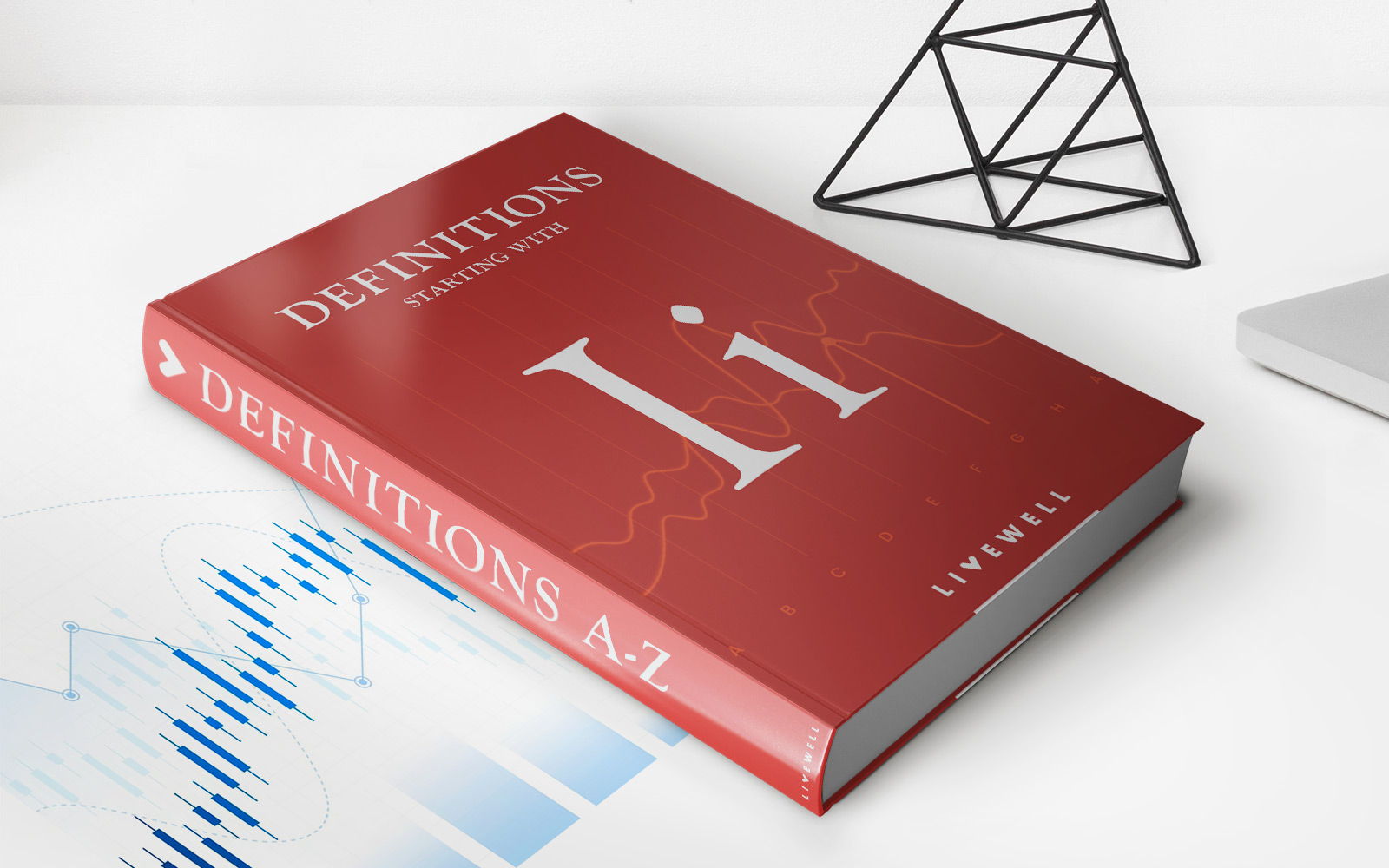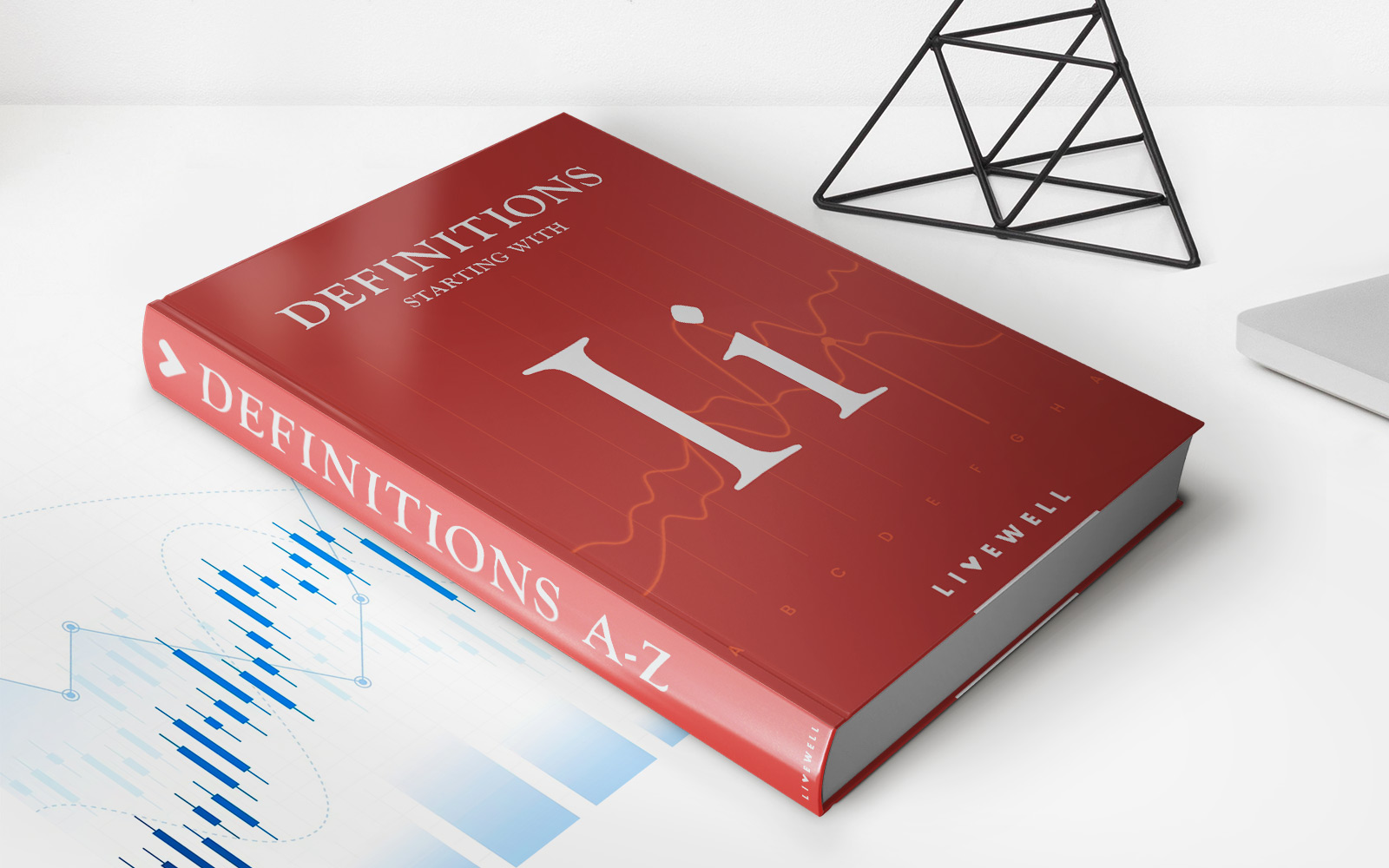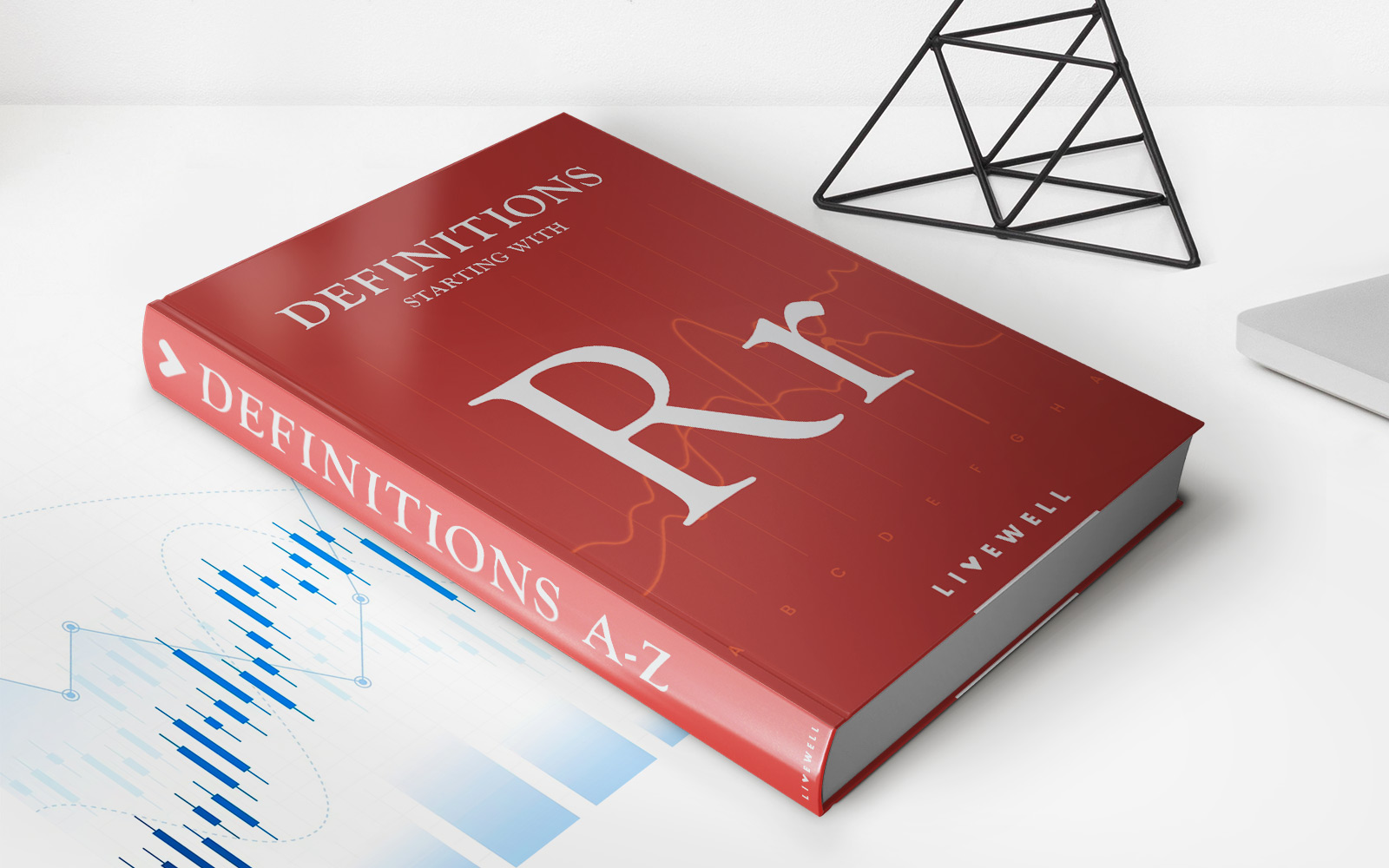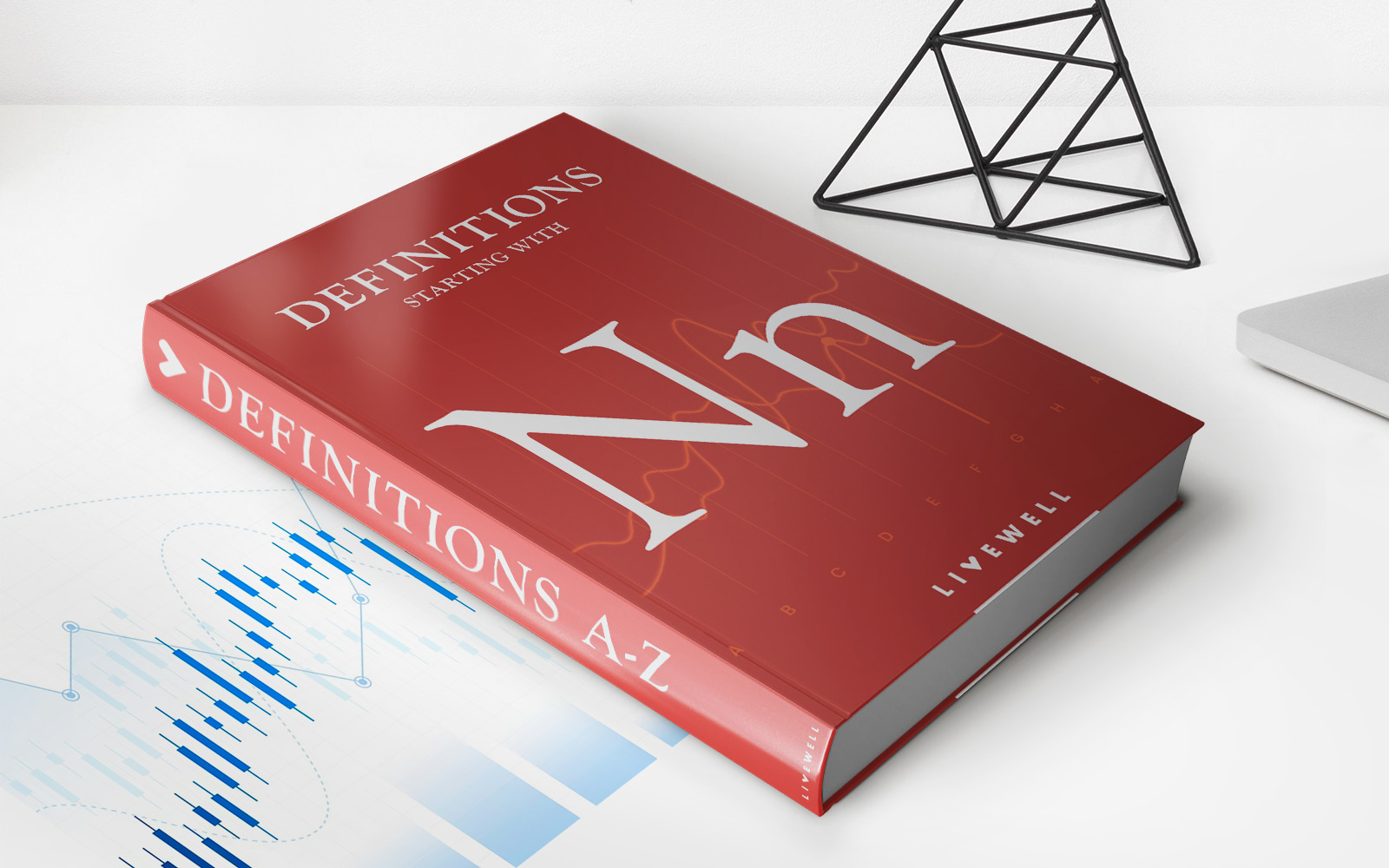Home>Finance>IRS Publication 503: Child And Dependent Care Expenses Definition
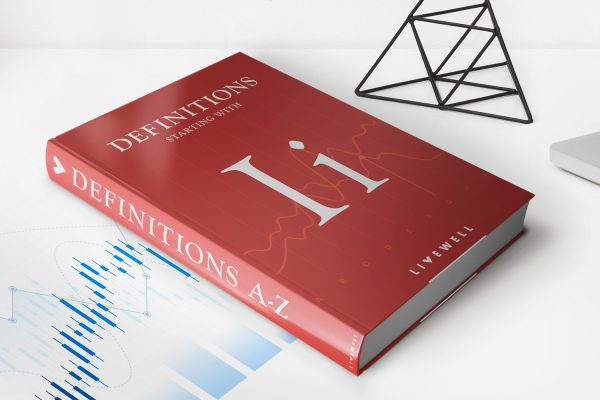
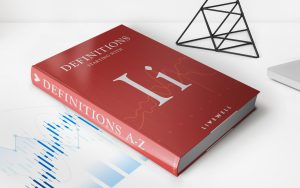
Finance
IRS Publication 503: Child And Dependent Care Expenses Definition
Published: December 13, 2023
Learn about the definition and rules of child and dependent care expenses according to IRS Publication 503. Discover how these expenses can affect your finances.
(Many of the links in this article redirect to a specific reviewed product. Your purchase of these products through affiliate links helps to generate commission for LiveWell, at no extra cost. Learn more)
The Complete Guide to Understanding IRS Publication 503: Child And Dependent Care Expenses Definition
If you are a parent or a caregiver, understanding the rules and regulations surrounding child and dependent care expenses is crucial. Not only can it help you in managing your finances better, but it can also enable you to take advantage of tax benefits that can alleviate some of your financial burdens. In this comprehensive guide, we will delve into IRS Publication 503: Child And Dependent Care Expenses Definition to provide you with a clear understanding of what it entails and how it can benefit you.
Key Takeaways:
- IRS Publication 503 provides guidelines for understanding the eligibility criteria for claiming child and dependent care expenses.
- You can use the expenses to qualify for the Child and Dependent Care Credit, which can reduce your tax liability.
What is IRS Publication 503: Child And Dependent Care Expenses Definition?
IRS Publication 503 is a comprehensive document that serves as a guide for taxpayers to understand the rules and regulations associated with child and dependent care expenses. It outlines the eligibility criteria for claiming these expenses and provides guidance on calculating and deducting them from your taxes.
As a caregiver or a parent, it’s essential to determine if you meet the criteria outlined in IRS Publication 503 to qualify for the Child and Dependent Care Credit, which can help offset some of the costs incurred for caring for a child or dependent.
How Can IRS Publication 503 Benefit You?
IRS Publication 503 can benefit you in various ways, including:
- Understanding Eligibility: The publication provides clear guidelines on who qualifies as a “qualifying individual” for claiming child and dependent care expenses. It explains the requirements for children, disabled spouses, and other eligible dependents.
- Tax Credit: By familiarizing yourself with IRS Publication 503, you can determine if you qualify for the Child and Dependent Care Credit. This credit can potentially reduce your tax liability, allowing you to save money in the process.
- Expense Calculation: The publication outlines how to calculate your child and dependent care expenses accurately. It provides detailed information on what expenses qualify, including fees paid to daycare centers, babysitters, and even summer day camps.
- Recordkeeping: IRS Publication 503 emphasizes the importance of maintaining detailed records to substantiate your claimed expenses. Following the guidelines provided can help you keep accurate records, ensuring that you have the necessary documentation should the IRS require it.
- Alternative Benefits: Understanding the provisions and conditions outlined in IRS Publication 503 may help you identify alternative benefits and savings opportunities related to child and dependent care expenses.
Final Thoughts
IRS Publication 503 is a valuable resource that can provide clarity and guidance when it comes to the definition and eligibility criteria for child and dependent care expenses. Familiarizing yourself with this publication can empower you to make informed decisions, maximize tax benefits, and effectively manage your finances. Remember, it’s essential to consult with a tax professional or refer to the official IRS documentation to ensure compliance with all regulations.
